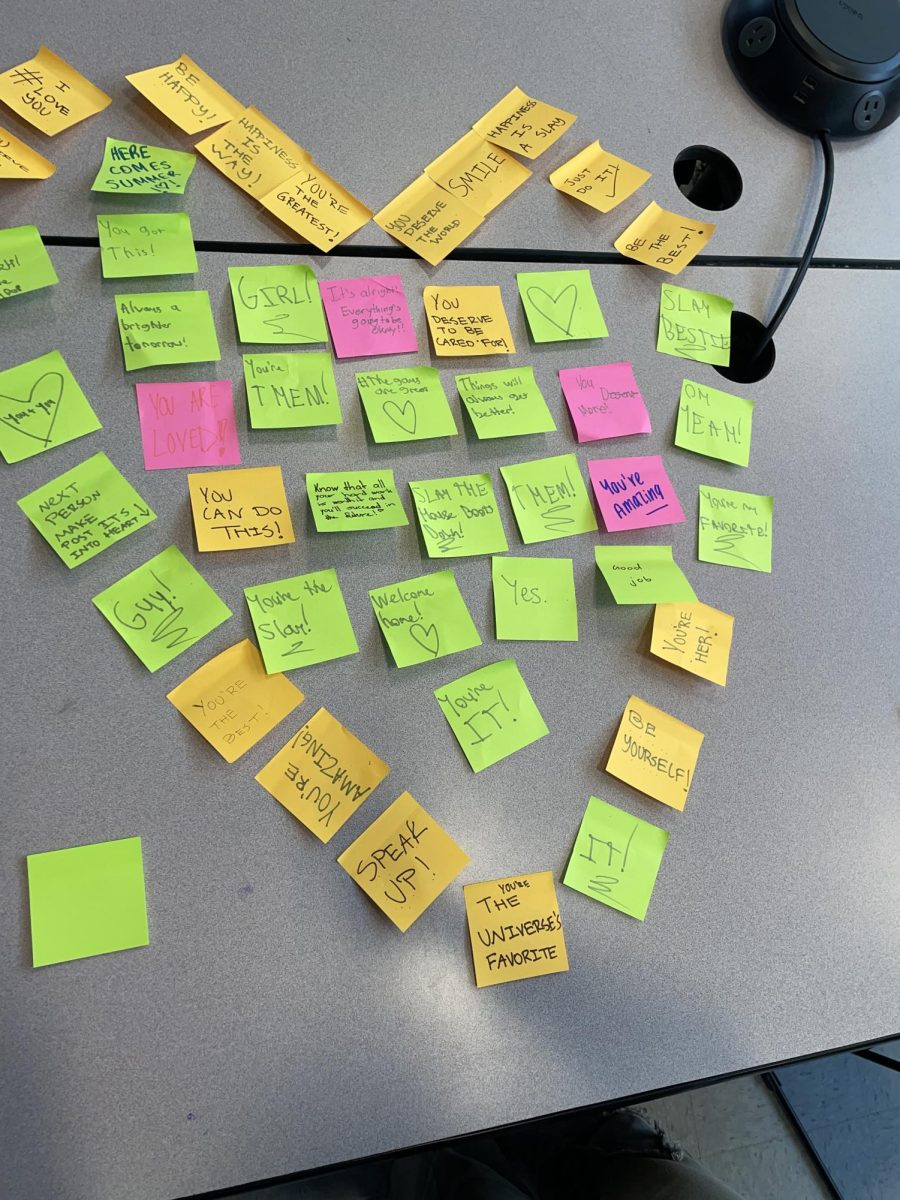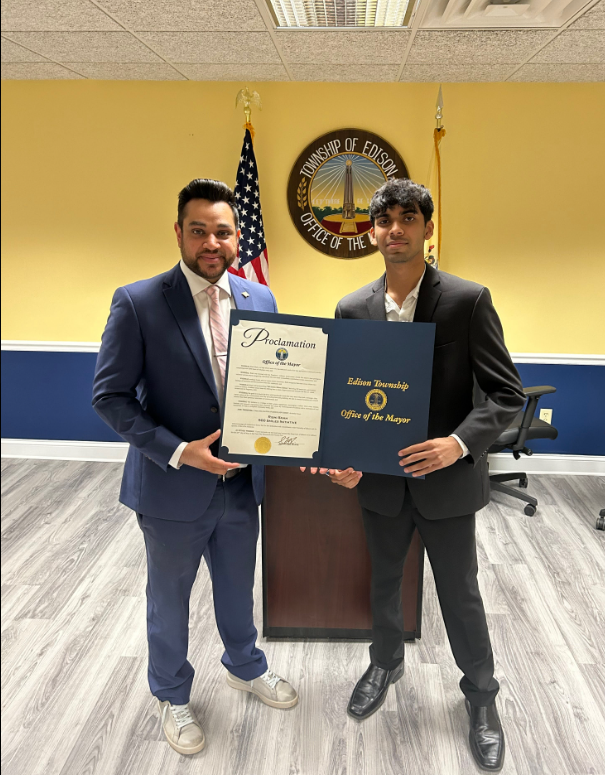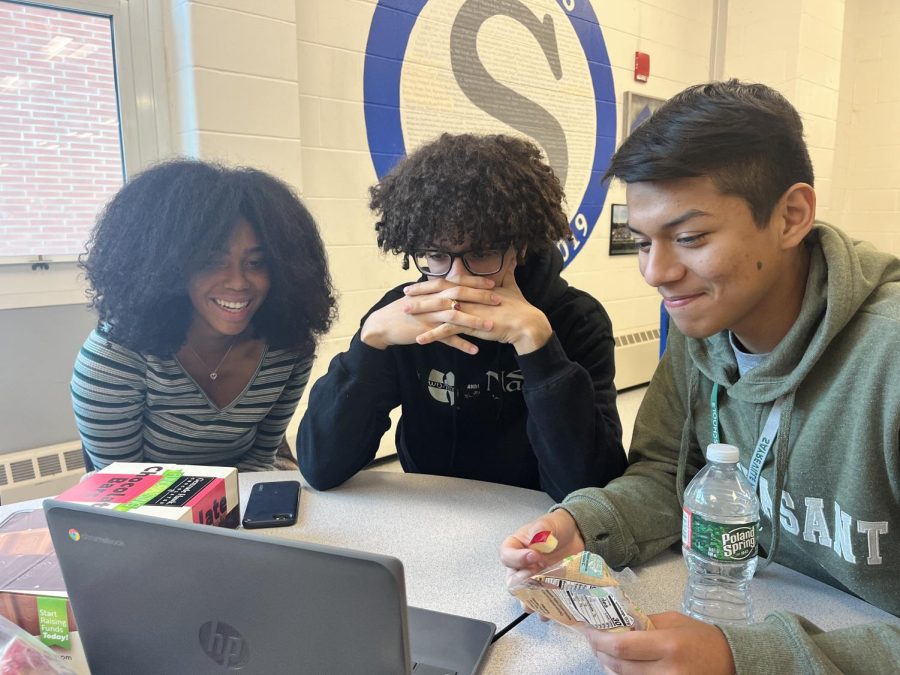Overcoming Procrastination – Understanding Why We Do It
Almost everyone has fallen to procrastination at some point in their lives. It’s the practice of delaying or postponing tasks that we know need to be completed. Procrastination can have a substantial impact on students’ and teachers’ academic performance and productivity. In this article, we’ll examine some of the causes of procrastination as well as frequent justifications for delaying tasks.

March 3, 2023
Understanding Why We Procrastinate
The fact that we consider an assignment to be too difficult or overwhelming is one of the key causes of procrastination. This makes it challenging to start because it might cause worry and a lack of enthusiasm. However, other activities like social media, video games, or even daydreaming can quickly divert our attention.
We may not have a thorough understanding of the task at hand, which is another reason why we put things off. We can be unsure of how to proceed with the task or feel unprepared or unequipped to do it. This could make you feel unsure of yourself and unwilling to start.
Procrastination Excuses
We commonly use justifications to excuse our behavior when we procrastinate. These are frequently justifications we give ourselves for not completing the task at hand.
Here are a few excuses that both students and teachers frequently make:
“I’ll complete it later.”
This is possibly the most typical excuse for procrastination. We often tell ourselves we’ll do it later, but the time never seems to come. It’s critical to notice when we’re making this justification and take steps to disprove it.
“I’m not in the right mindset to do it right now.”
We frequently convince ourselves we are too exhausted or not in the correct frame of mind to begin a task. Recognizing when we’re using breaks and rest as an excuse to put off accomplishing anything is equally as vital as taking pauses and resting when necessary.
“Under pressure, I do better.”
This is a typical justification offered by those who put off finishing a task until the last minute. While it is true that some people perform better under duress, this productivity strategy is neither healthy nor long-term.
Overcoming Procrastination
The problem of procrastination affects both students and teachers equally. Although it may be tempting to put things off, it’s critical to understand the detrimental effects procrastinating may have on productivity and academic achievement. We can take steps to address this problem and accomplish our goals by realizing why we procrastinate and the justifications we use for it.















